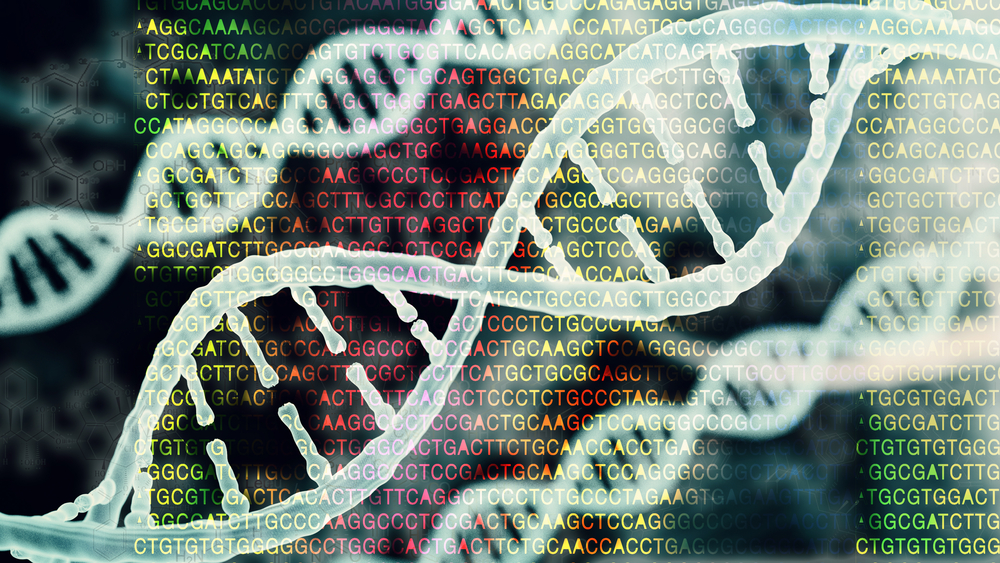Variation in Given Gene May Raise Depression Risk Among MS Patients
Written by |

CI Photos/Shutterstock
A genetic variant may make depression more likely in certain people with multiple sclerosis (MS) than others, a genome-wide study in patients indicates.
The study, “Depression in multiple sclerosis patients associated with risk variant near NEGR1,” was published in Multiple Sclerosis and Related Disorders.
Depression is characterized by low energy, fatigue, and persistent feelings of sadness, guilt, emptiness, and the like. As with many mental illnesses, a person’s risk for depression is believed to be affected by genetics, though environmental factors like upbringing, and trauma can also play a role.
Previous studies suggest that people with MS are at a higher risk for depression than the general population. While this is likely attributable in part to the consequences of the disease itself, research has suggested this increased risk of depression exists in people even before their MS has been diagnosed, suggesting biological links between the two diseases.
Furthermore, other studies have shown that genetic variations that affect how cells respond to certain kinds of toxic molecules are involved in the depression risk in the general population. These same biological pathways are also implicated in the development of MS.
A better understanding of genetic factors potentially associated with a depression risk among people with MS is needed.
“The goal of this study is to identify genetic factors influencing the development of depression in MS populations,” the authors of the study wrote.
The team conducted a genome-wide association study (GWAS) — a common analysis in genetic research that involves looking for genetic variants that might serve as markers predicting the presence of a trait like depression. (A genetic variant refers to any changes in the DNA of a given gene.)
The researchers analyzed data from 182 MS patients also diagnosed with depression, as determined from insurance billing codes, as well as 1,180 MS patients without a recorded diagnosis of depression.
About three-quarters of all these people were female, and the mean age for both groups was the mid- to late 50s. Data were obtained from the Vanderbilt University Medical Center‘s BioVU database.
The initial GWAS did not yield any significant results. However, further analyses identified one variant with a statistically significant association with depression, called rs1432639. This variant is near the NEGR1 gene, and has previously been associated with depression in the general population.
Additional pathway analyses also linked the IGF1 pathway to depression risk. This pathway, which is involved in regulating a variety of biological processes, has been separately implicated in both MS and depression in previous research.
Of note, genetic variants in the APOE gene, previously linked to depressive effects in MS, were not found in this study population.
“The GWAS of depression in MS patients did not identify any novel variants linking depression and MS at any point relative to MS diagnosis,” the researchers wrote. “However, the replicative and pathway analyses yielded promising results [rs1432639 near NEGR1 and the IGF1 pathway] that yet illuminate a potential connection between the two diseases that warrant further investigation.”
However, they advised that until more studies are done to validate these findings, which suggest “some type of common genetic influence between the two diseases,” results reported here “should be interpreted cautiously.”





